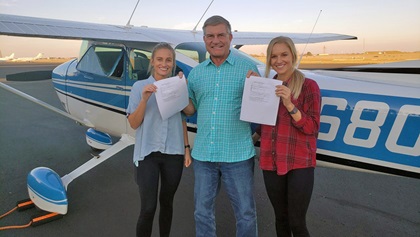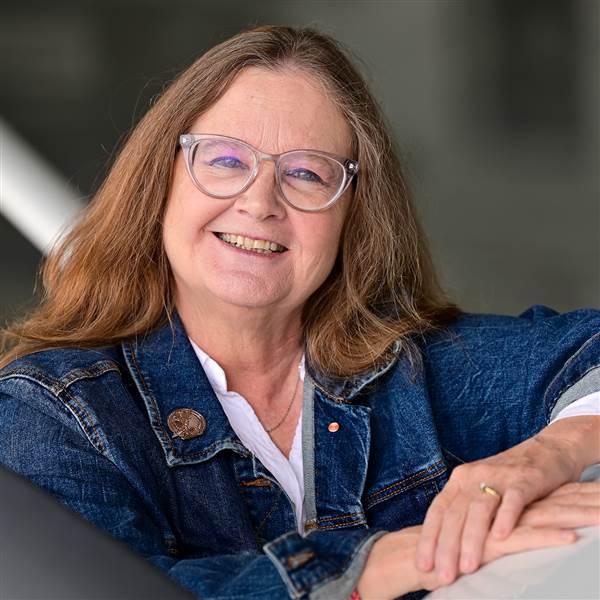
Pilots strive to keep the shiny side up, but occasionally outside forces seek to disrupt that. Wind shear, wake turbulence, autopilot failure—even pilot error—can cause an aircraft to deviate significantly from the attitude intended by the pilot. If that were to happen to you, would you know what to do?
Upset/recovery training can help.
Differentiated from aerobatics or spin training, upset recovery concentrates on techniques to help get the airplane upright and overcome a pilot’s instinct to, say, pull back on the elevator to keep from going down—which, if the airplane is already inverted, could plunge you into a split-S maneuver.
Seek training from an instructor who specializes in this type of flying, and you’ll explore the envelope of this type of emergency safely and learn how to recognize and prevent an impending loss of control. A typical course consists of ground school followed by time in an airplane. There’s no endorsement or signoff—your reward is increasing your skills and proficiency.
Success Story: Pair of pilots
Sisters take checkride on same day
By Jill W. Tallman
 Twin sisters Lexie and Emily Wilson came into the world together. On December 7, 2019, at age 24, they became private pilots together.
Twin sisters Lexie and Emily Wilson came into the world together. On December 7, 2019, at age 24, they became private pilots together.
The Wilsons took their checkrides at Austin-Bergstrom International Airport in Austin, Texas.
The pair are fourth-generation pilots. Their father, Curtis Wilson, is an international airline pilot and flight instructor. He is a volunteer with the Orbis Flying Eye Hospital. Their grandfather was a World War II combat pilot with 32 Boeing B–17 Flying Fortress missions over Europe. Their great-grandfather was licensed as a pilot in 1916 with the U.S. Army Signal Corps.
“Aviation seems to be in our DNA,” said Lexie Wilson.
The Wilsons plan to become professional pilots. They will relocate to Phoenix to complete an accelerated training course at ATP Flight School.
Share your Success Story with us at [email protected]



